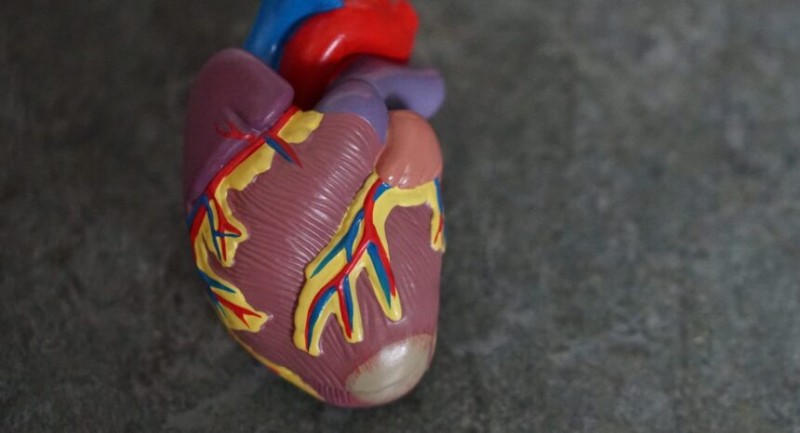
Cardiologists, the experts in heart health, continually stress the importance of a balanced diet in maintaining a healthy heart. Part of this advice involves steering clear of certain foods that can significantly impact heart health. Let's take a closer look at what cardiologists recommend avoiding to keep your heart in top condition.
Trans-fats are artificial fats often found in fried and processed foods. These fats can raise bad cholesterol (LDL) levels and lower good cholesterol (HDL) levels, posing a significant risk to heart health.
Sugary drinks like sodas and sweetened juices are loaded with high-fructose corn syrup, which can increase blood sugar levels and contribute to heart problems and obesity.
Processed meats like sausages, hot dogs, and certain deli meats contain high levels of sodium and unhealthy fats, making them detrimental to heart health. Regular consumption can elevate blood pressure and increase the risk of heart disease.
High-sodium foods, including salty snacks, canned soups, and processed foods, can lead to high blood pressure, a major risk factor for heart disease.
Cookies, cakes, and other sugary treats are not only calorie-dense but also contribute to weight gain and high blood sugar levels, both of which can negatively affect heart health.
Foods high in saturated fats, such as fatty cuts of meat and full-fat dairy products, can raise cholesterol levels, leading to an increased risk of heart disease and stroke.
Refined carbs like white bread, white rice, and sugary cereals can cause rapid spikes in blood sugar levels, ultimately impacting heart health and contributing to weight gain.
While moderate alcohol consumption may have some heart benefits, excessive drinking can lead to high blood pressure, heart failure, and stroke.
Drinks with excessive caffeine, like energy drinks, can cause irregular heart rhythms and adversely affect heart health, especially in those with underlying cardiac issues.
Full-fat dairy products can contribute to high cholesterol levels due to their saturated fat content, potentially increasing the risk of heart disease.
Foods with added sugars, including sweetened cereals, flavored yogurts, and many snack bars, can lead to weight gain and other heart-related problems.
Margarine and shortening often contain trans fats, which can raise bad cholesterol levels and lower good cholesterol levels, making them harmful for heart health.
High-carb snacks like chips and crackers can lead to weight gain and elevated blood sugar levels, both of which are detrimental to heart health.
Snacks high in unhealthy fats, such as deep-fried foods and commercially baked goods, can raise cholesterol levels and increase the risk of heart disease.
Energy drinks are loaded with caffeine and sugar, leading to spikes in blood pressure and heart rate, which can be dangerous for heart health.
Many breakfast cereals are high in added sugars, which can lead to weight gain and other heart-related issues.
Ice cream and similar dairy desserts are often high in saturated fats and added sugars, making them detrimental to heart health when consumed in excess.
Despite its popularity, coconut oil is high in saturated fats and should be consumed in moderation to maintain a heart-healthy diet.
Butter and lard are high in saturated fats and should be limited in a heart-healthy diet to reduce the risk of heart disease.
Foods high in cholesterol, such as egg yolks and organ meats, should be consumed in moderation to maintain healthy cholesterol levels and heart health.
In conclusion, steering clear of these food items is a crucial step in maintaining a healthy heart. Adopting a balanced diet, rich in fruits, vegetables, whole grains, lean proteins, and healthy fats, is key to promoting heart health and overall well-being.
September Rains, Inflation Control, and Govt Measures in India
How should I properly clean my broccoli before using it?
Enhancing Male Fertility: Foods to Avoid for a Healthier Sperm Count